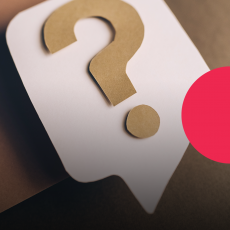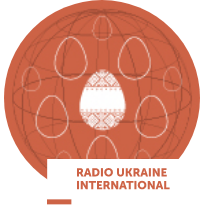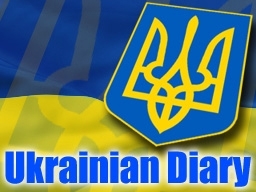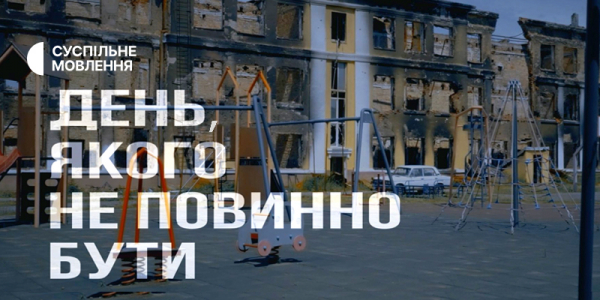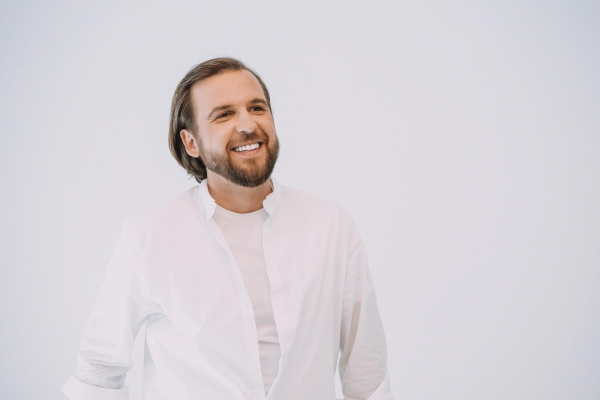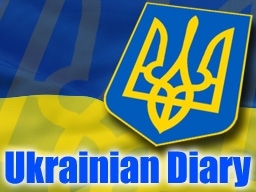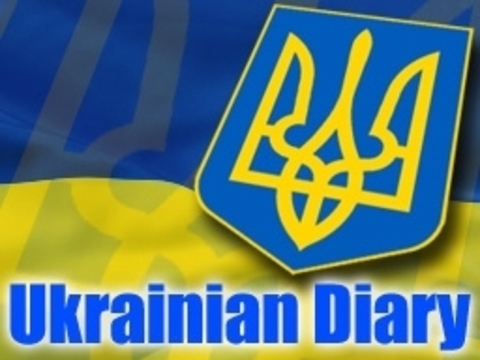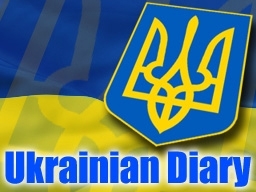Public actions in support of Ukrainian filmmaker Oleg Sentsov on June 1 and June 2 taking place in 35 cities worldwide
4 weeks left to prevent the possible death of Oleg Sentsov, who’s hunger-striking in a prison for the release of Ukrainian citizens imprisoned by the Russian regime.
Oleg Sentsov, the Ukrainian filmmaker who is serving a 20-year sentence in northern Siberia after a Russian court convicted him on fabricated terrorism charges, has been on a hunger strike since May 14th, demanding to release all Ukrainian political prisoners held in Russia and Crimea. Over the past week, people in 19 countries have joined the “Free Sentsov” international public action. Activists in 15 Ukrainian cities as well as in Berlin, Hamburg, Wroclaw, Lisbon, Dublin, London, Paris and other 28 cities have announced that on the 1st and 2nd of June they will come out to support Sentsov and other Ukrainians illegally held in Russian prisons. They are going to show a “red card” to the Putin regime and name all the Ukrainian and Crimean Tatar political prisoners – journalists, artists, human rights activists, and students. The action comes ahead of the FIFA World Cup finals which will kick off in Russia on June 14th. Its motto is “At the World Championship I support Political Prisoners”. The purpose is to demonstrate to football fans how human rights are violated in the country they are going to visit.
In Kyiv, the protest action will take place on the central square Maidan Nezalezhnosti on Saturday. Its coordinator Kateryna Butko expects several more European and American cities to join in. According to her, the action involves not only members of Ukrainian communities, but also journalists, artists, filmmakers, and other people who are concerned about the fate of Sentsov and other political prisoners. Actions in support of Sentsov have taken place in Lisbon, Paris, and New York City. On Times Square activists and actors dressed as prisoners held sand glasses symbolizing life draining out of Sentsov. In Ukraine, his name is mentioned on every occasion. At the opening ceremony of the 47th international film festival Molodist guests were given leaflets with the words “Free Sentsov”. Vice-Premier Pavlo Rozenko addressed them with a speech highlighting the issue of Ukrainian political prisoners and hostages held by the Kremlin. Everyone held up the leaflets chanting “Free Sentsov!” Earlier this week in Lviv, western Ukraine, activists collected signatures under a letter to the Ukrainian Presidential Administration with a demand to appoint a special commissioner for Ukrainian political prisoners, ensure effective aid to their families, and raise this issue at the 44th G-7 summit.
Sofia Cheliak, program director of the Publishers Forum in Lviv, told Radio Ukraine: “Oleg Sentsov still has four weeks, because after 45 days without food irreversible changes in the human body will kill Sentsov. So we have not more than four weeks to save him, and with this action we are drawing attention and mustering international support for his release.”
The organizers of the action in Kyiv invite people to bring posters and referee whistles and sign a petition to the EU, U.S., Canadian, and other diplomatic missions for immediate steps to get Ukrainian political prisoners released or exchanged. More than 33,000 people have already signed the petition.
Sentsov’s sister Natalya Kaplan appreciates the efforts and is personally doing everything she can. She told RU that later this week she would meet with Foreign Minister Pavlo Klimkin. “I have written to several European politicians, as Deputy Foreign Minister Dmytro Kuleba advised me,” she said. “He told me that he was arranging for a visit to the colony where Oleg is kept. So far, Oleg is stable and holding out. He drinks warm water,” Natalya Kaplan told Radio Ukraine.
UN Security Council Briefing on Ukraine took place in New York
One of the urgent topics discussed at the UN Security Council in New York on Tuesday was the situation in Eastern Ukraine. Polish FM Jacek Czaputowicz has stressed on the importance of the Ukrainian issue. “The UN Security Council has a role to play here to. The ongoing violence in Easterb Ukraine and the illegal annexation of the Crimean peninsula remains one of the greatest sources of instability in the etire regino. The SC should contribute to easing the tension on the ground and workng out a solution to the Ukrainian issue, including through establishing a peacekeeping mission,” he said. US representative Ambassador Nikki Haley said that Until Russia would end its outrageous actions in Ukraine honoring its Minsk commitments, the position of the United States would not waver in regard to the sanctions against the Russian Federation: “The conflict in Ukraine is a textbook example of violation of the sovereighnty of one member state by another memer state. It is precisely the kind of flagrant misconduct this body was created to address. When Russia entered Crimean capital in 2014 it was a direct violation of the UN charter. Russian forces seized the parliament building and imposed an illegitimate referendum upon people. Since then Russia has pushed into Eastern Ukraine creating a humanitarian crisis that threatens millions,” said Ambassador Nikki Haley.
Ukrainian Foreign Minister Pavlo Kimkin has addressed the UN Security Council, saying that the war zone in Donbas had already become the most mine-contaminated stretch of land in the world. “Violence continues to revenge Donbas. The conflict left a 4.4 million people in a dire humanitarian situation; the humanitarian cost continues to mount. These people lack access to basic services and goods. Critical water, electricity, and transport infrastructure is being destroyed. The same goes for health facilities,” said Ukrainian Foreign Minister Pavlo Kimkin. “By 12 June Ukraine will submit a memorandum to the International Court of Justice with additional evidences of Russia’s violations of the International Convention for the Suppression of the Financing of Terrorism.,” he said.
For illustrating the dractic conditions in the war-torn region, he also reminded about civilian deaths, and namely about a 15-year-old girl killed a few days ago in the backyard of her house by a big-caliber shell prohibited by the Minsk agreements that was shot from the enemy’s side, according to him. PKlimkin urged the Russian side to take responsibility and to support the deployment of a full-fledged UN mandated peacekeeping force throughout the whole occupied territory of Donetsk and Luhansk regions.
German president Frank-Walter Steinmeier's official visit to Ukraine
German President Frank-Walter Steinmeier has made his official visit to Ukraine for the first time since he took office. As Foreign Minister he had visited Ukraine three times. Shortly upon arrival, Steinmeier met with Ukrainian President Petro Poroshenko to discuss the situation in eastern Ukraine that has seriously aggravated over the past few weeks. Poroshenko blamed the escalation on the Russian Federation. “It is absolutely inadmissible that over the past few weeks the irresponsible actions of Russian troops and the militants they control have led to a drastic increase in the number and intensity of artillery and mortar strikes. We have also seen more offensive attempts, but they have all been effectively rebuffed by the Ukrainian Armed Forces whose qualification and efficiency have grown considerably. I am very pleased to see Herr President keep a watchful eye on the situation in eastern Ukraine. I am very grateful to him for this opportunity to discuss specific details of the implementation of the Minsk agreements and the particular component – the deployment of a UN peacekeeping mission, said Petro Poroshenko. Another important topic of the talks, according to him, was the release of Ukrainian prisoners and hostages. “We have stated the necessity of the soonest possible release of Sentsov, Sushchenko, Balukh, and many other Ukrainian military servicemen and civilian activists who are held as political prisoners and hostages in the occupied Crimean peninsula and in Russian prisons and colonies just because they refused to surrender their Ukrainian passports,” Poroshenko said.
Steinmeier said in turn that a UN peacekeeping mission to the Donbas could facilitate the implementation of the Minsk agreements to which, he said, there is no alternative. “It is necessary to exert maximum effort to fully implement Minsk,” he said. “We are moving very slowly, step by step, but we need to move forward. This takes a lot of negotiating, including on a UN peacekeeping mission.” The German President also stressed the importance of preserving the Normandy format of Donbas peace talks involving Ukraine, Germany, France, and Russia as a negotiating platform for preventing further escalation and searching for effective solutions.
The German and Ukrainian presidents also discussed topical issues of bilateral economic relations and cooperation in culture and education. “2018 is Year of the German Language in Ukraine and we are pleased to see a multitude of educational and public events Ukraine-wide demonstrating the growing popularity of German in this country,” Steinmeier told reporters after his talks with Poroshenko.
Kyiv is hosting the 8th Book Arsenal
Book Arsenal, the 8th international book fair kicked off in Kyiv on Wednesday, presenting the novelties of the publishing world. Poetry and prose from Ukraine and from abroad is presented by 200 Ukrainian writers and 100 guests from 31 coutries taking part in one of the biggest book fairs in Ukraine. The program of this year’s Book Arsenal is dense: book presentations, debates and live events that take place in the premises of Mystetsky Arsenal art center, are organized within 6 curatorial and 10 special thematic projects.
Oksana Khmeliuk, coordinator of Book Arsenal speaks about the audience of the festival: “Last year the audience of Book arsenal was 50000 people. This year we hope it will be no less. But if we compare with similar international festivals, their audience is predominantly people of the older generation, say 50+. So while visiting us our guests are surprised by the number of younger people here. Our audience is quite young, students, young entrepreneurs, active citizens who seek for change and social transformation,” said Book Arsenal’s coordinator Oksana Khmeliuk. This year’s festival is dedicated to the theme of the Future: its imaginary and philosophy, visions of future technologies and their effect upon humans. Also it will address the ways to forecast the development of the social and political topics of the day. In an interview with Espreso TV, Oksana Khmeliuk also told about Café of the Future open at the festival’s site, with a robot pouring coffee and cuisine of the future offering spherical sandwitches and oxygen icecreams.
At the opening night of the festival on Wednesday, a panel titled Democracy in the face of the future took place. British political scientist and historian Andrew Wilson, Polish writer and researcher Ola Hnatiuk, Vice-Prime-Minister for European and Euro-Atlantic Integration Ivanna Klympush-Tsyntsadze among others took part in the debate. The festival’s doors are open till 3 June.
